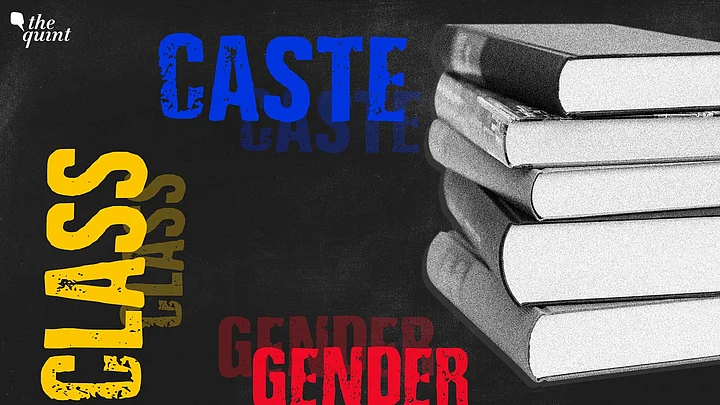Amid a tussle between academicians and Delhi University’s Standing Committee on Academic Matters over an elective course on Dr BR Ambedkar, the latter has also suggested dropping an elective course called ‘Inequality and Difference’ taught by the university’s Department of History.
The elective course, which is being taught for over seven years now, touched upon key issues across Indian history such as varna, jaati, class, caste, and gender. Dr Vikas Gupta, who teaches in DU’s Department of History and is an elected member of the Academic Council, confirmed the development.
The course, which is offered to students in their second year or in the fourth semester comprises a number of historical writings on the topics of caste, gender, tribes and the Constitution of India.
The Standing Committee which is constituted by the Vice Chancellor (V-C), consists of 36 members. It comprises a few Deans, Principals, and Department Heads among other members.
The Academic Council comprises 26 elected members and a number of authorities such as the V-C, the Registrar, the Heads of Departments and principals of colleges. The meetings are chaired by the V-C.
Dr Gupta told The Quint, “It was discussed by the Standing Committee earlier in May and the course is being dropped. The committee reasoned that elements of gender and caste are already being taught in other courses.”
He, however, opposed the decision to drop it at the time. “My argument is that teaching specifics is one thing and giving a panoramic view of the glaring inequalities in society is very different,” said Dr Gupta.
The Quint spoke to professors who have taught this course and members of the Academic Council to understand why the course is important, and why they hope to retain it in the upcoming council meeting.
'Course Gave Students a Historic Lens to View Inequality’: History Profs
Professor Maya John, a History professor at DU, and a member of the Academic Council, said that the fate of the course will be decided in a meeting that will start at 10.30 am on Friday, 26 May. She said that the course was an elective course taught to students from other departments.
It is a rich course that speaks about the institutionalisation of inequality and the resistance to it. It is the history department’s way of engaging students from other departments, in conversations about the various structures of inequality in the Indian subcontinent. It teaches students to think historically about varna, caste, gender inequality, and racial and ethnic differences.Professor Maya John, a History professor at DU and Academic Council Member
The course syllabus contains four units. The first unit ‘Structure and Forms of Inequalities: Normative and historical experiences’ studies varna, caste, untouchability, and race and slavery. The second unit is titled ‘Gender, Household and public Sphere’. The third unit is on ‘Tribes’ and ‘Forest Dwellers’ and the fourth unit is titled ‘Indian Constitution and Questions of Equality’. It takes between two-five weeks to complete each of the units in the course.
The course comprises essential readings such as Ambedkar’s The Untouchables: Who Were They? And Why They Became Untouchables, Uma Chakravarti’s Conceptualising Brahmanical Patriarchy in Early India: Gender, Caste, Class and State, and David Hardiman’s Dalit and Adivasi Assertion, among others.
Professor Maya John added, “It is an important course for undergraduate students. Does the committee want us to teach students that India never had caste and gender inequality?”
‘Parallel to what is Happening In NCERT’
Meanwhile, DU professor Abha Dev Habib drew parallels with “what is happening with the National Council of Educational Research and Training (NCERT).”
She said, “They do not want us to identify the problems. By corrupting or leaving out parts that are uneasy for the government, how will we be able to compete in the global market as leading educators and will our education soon be reduced to propaganda?”
She said that deliberations on courses are generally initiated by the concerned department, following which the suggestions go to the Committee of Courses, which comprises of people from the Department. After this, it is sent to the concerned faculty.
The matter then goes to the Standing Committee on Academic Matters, which is constituted by the Vice-Chancellor, and finally to the Academic Council.
Professor Maya John said, “The proposal to remove the course on BR Ambedkar, and inequality and difference was initiated in the Standing Committee. Both will be discussed in the Academic Council but once it has come through the Standing Council, it becomes difficult for us to reverse the decision. We still hope to get it rolled back.”
A suggestion to drop a course on BR Ambedkar’s Philosophy was discussed in a meeting on 12 May. The Philosophy department’s Committee of Courses expressed strong reservations against the proposal. Regarding the proposal to remove the course on BR Ambedkar, a Delhi University spokesperson told The Quint, “There was merely a discussion regarding whether other thinkers should be added. It has not been removed yet.”
